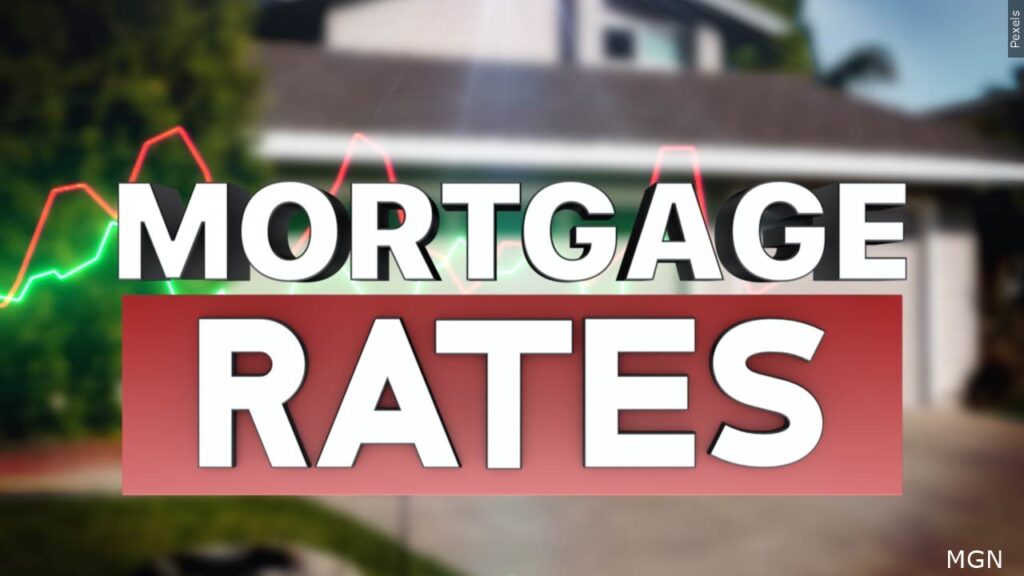Finding the right financial advisor can feel overwhelming. The term “fiduciary” implies a high level of trust and responsibility, so choosing wisely is crucial. This guide will help you understand what to look for in a fiduciary near you and how to navigate the process of finding the perfect fit.
Understanding the Fiduciary Standard
A fiduciary, by definition, is legally obligated to act in your best interests. This differs significantly from other financial professionals who may operate under a suitability standard. Understanding this distinction is the first step in protecting your financial future. A fiduciary must prioritize your needs above their own, a commitment not always present in other financial relationships. 
Defining Your Financial Needs
Before embarking on your search, take some time for self-reflection. What are your short-term and long-term financial goals? Are you saving for retirement, planning for your children’s education, or managing a large inheritance? Clearly defining your needs will help you target your search and select a fiduciary whose expertise aligns with your circumstances. Consider using a financial planning worksheet to get started. Learn more about financial planning.
How to Find a Fiduciary Near Me
Locating a fiduciary near you can be done in several ways. You can start by using online search engines, specifying “fiduciary financial advisor near me.” Professional organizations such as the National Association of Personal Financial Advisors (NAPFA) and the Certified Financial Planner Board of Standards offer searchable databases to find certified professionals in your area. [IMAGE_2_HERE]
Key Questions to Ask Potential Fiduciaries
Once you’ve compiled a list of potential candidates, schedule consultations. Prepare a list of insightful questions to gauge their experience, fee structures, and investment strategies. Inquire about their investment philosophy and how it aligns with your risk tolerance. Don’t hesitate to ask for references and check their professional background. See our guide on asking the right questions.
Checking Credentials and Background
Thoroughly vet any potential fiduciary. Check their credentials with relevant regulatory bodies like the Securities and Exchange Commission (SEC). Look for any disciplinary actions or complaints filed against them. Transparency and a clean track record should be paramount in your decision-making process.
Understanding Fee Structures
Fees can vary widely among fiduciaries. Understand exactly how they charge for their services – whether it’s an hourly rate, a percentage of assets under management (AUM), or a combination of both. Transparency in fees is crucial. A reputable fiduciary will openly discuss their pricing structure upfront, preventing any unexpected charges down the line.
Building a Long-Term Relationship
Finding a fiduciary is about establishing a long-term partnership. Regular communication and a comfortable working relationship are vital. Choose a fiduciary whose communication style and personality mesh well with yours. The ability to openly discuss financial matters is crucial for a successful advisor-client relationship. [IMAGE_3_HERE]
The Importance of Ongoing Communication
Remember, your financial landscape will change over time. Regularly schedule meetings with your fiduciary to review your progress and make adjustments as needed. Proactive communication ensures your financial plan remains relevant and effective throughout your life. Learn more about maintaining open communication.
Choosing a fiduciary is a significant decision. By following these steps, you can increase your chances of finding a trusted professional who will help you achieve your financial goals. Remember, due diligence is your best ally in this process.
Frequently Asked Questions
What is the difference between a fiduciary and a financial advisor? A fiduciary is legally bound to act in your best interest, while a financial advisor may operate under a suitability standard, meaning they need only recommend suitable investments, not necessarily the best ones for you.
How much does a fiduciary typically charge? Fees vary widely depending on the services offered, experience, and the amount of assets managed. It’s crucial to discuss fees transparently before engaging their services.
How often should I meet with my fiduciary? The frequency of meetings is generally determined by your needs and the complexity of your financial plan. Some clients prefer quarterly meetings, while others may require more frequent check-ins.
Can I change fiduciaries if I’m unhappy with the services? Yes, you are always free to choose a different fiduciary if you are unsatisfied with the service, communication, or performance of your current advisor.
What if I have additional questions? Feel free to explore additional resources online or consult other financial professionals for further guidance. Remember, knowledge is key in managing your finances effectively.



